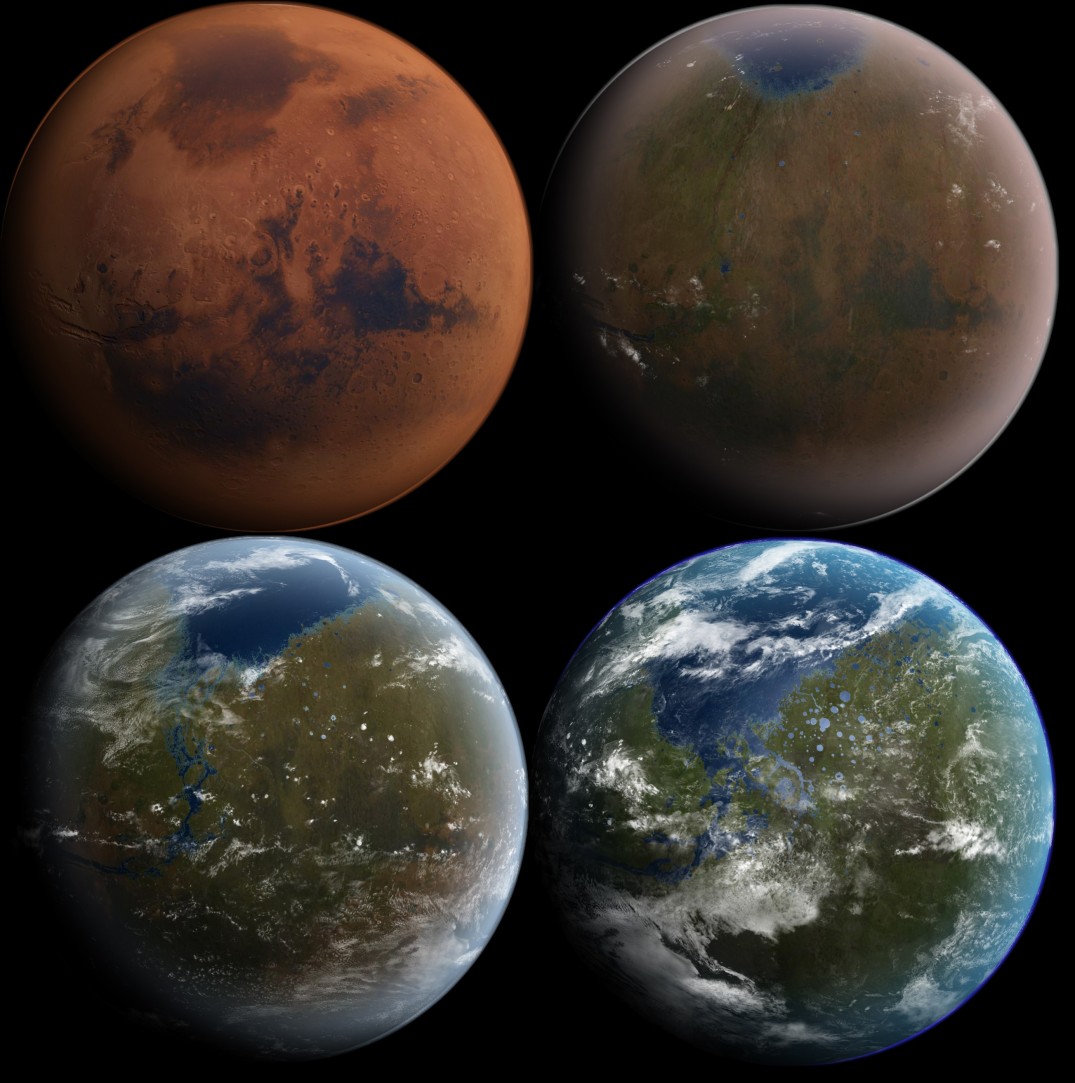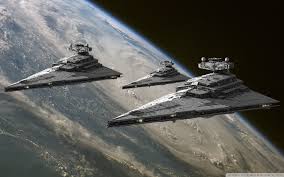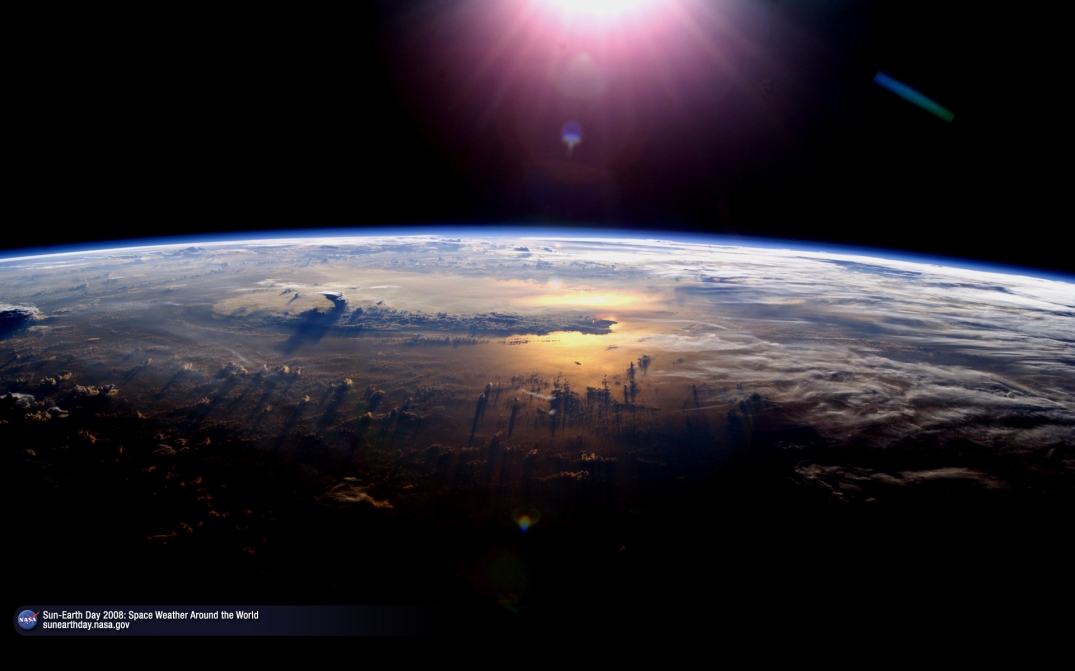Moving can be difficult, especially if we move to a different country. We have to say goodbye to friends, families, jobs, the environment, and perhaps language. Now imagine moving to an entirely new planet. Mars is perhaps our best shot at making life multi-planetary. Venus is too hot and Jupiter’s moons are too far and cold. Although Mars may not look like a 5 star resort , Mars is bearable. Its average temperature is about -81F, which although may seem chillingly cold, is a lot warmer than the emptiness of space. Temperatures in Antarctica have been recorded at -128.6F, which means that our Earth has seen these temperatures before. Mars also has a close to 24 hour day and ice at its poles that can be melted into water. All that we have to do now is get there.
Our current technology allows humans to get to Mars. The International Space Station has demonstrated that humans can survive long term in space. We have also sent various rovers and orbiters to the red planet. In fact, there are already people signed up to be the first colonists of Mars, meaning that the first Martian has already been born. The Mars One organization has selected 100 people to be the first Martians. Every 18 months starting from 2026, when the planets align, they will send people in groups of 4 at a time. They will live in small pods and have a larger structure for growing food and conducting research.
However, although the first Martian may have already been born, they may not travel through Mars One or during the year 2026. Sending a group of 4 people on a one way trip will likely have disastrous outcomes. They would be starting from nothing, have no reinforcements, and no resources, at least for 18 more months. What if famine spreads? What if people get claustrophobic? What if people anger each other? They wont even be able to step outside for some fresh air since the atmosphere isn’t breathable. And when they do step outside, they have to risk high radiation doses.
Sending a group of 4 is definitely possible, but will likely have disastrous consequences. Another company, SpaceX, also has the goal of sending humans to Mars. However, they realize that in order to create a colony, they have to send hundreds if not thousands of people. Sending people is pointless if Earth has to continuously supply everything.The only way to create a self sustaining colony is by sending more people. But even with a million people, every person would have to be incredibly productive because they have to recreate the workforce of an entire planet. 1 million people is not even 1% of the almost 8 billion we have on Earth today.
Although the launch provider is uncertain, it is safe to say that humanity will leave Earth within the next 50 years. As rocket technology and life systems become more and more advanced, the first Martians will come in groups of hundreds or more. Who knows, maybe you, your friend, or I may be one of those first Martians.



